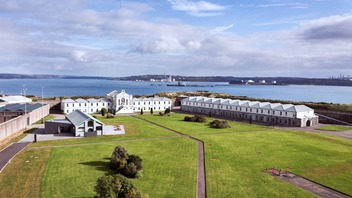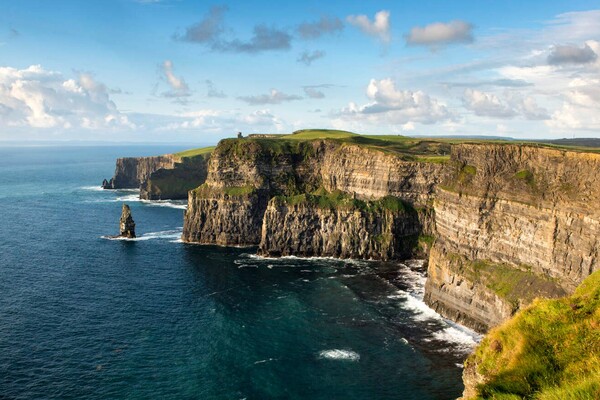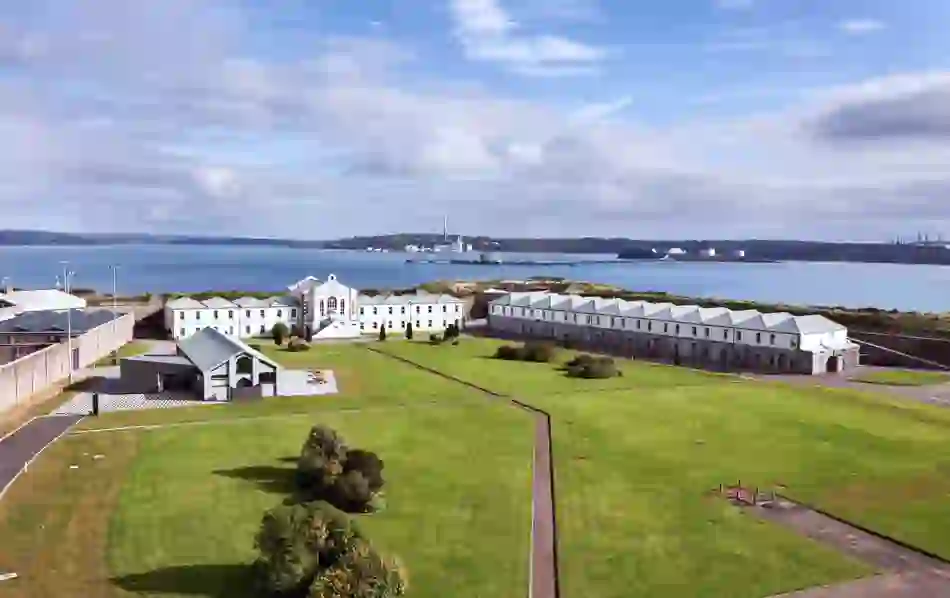
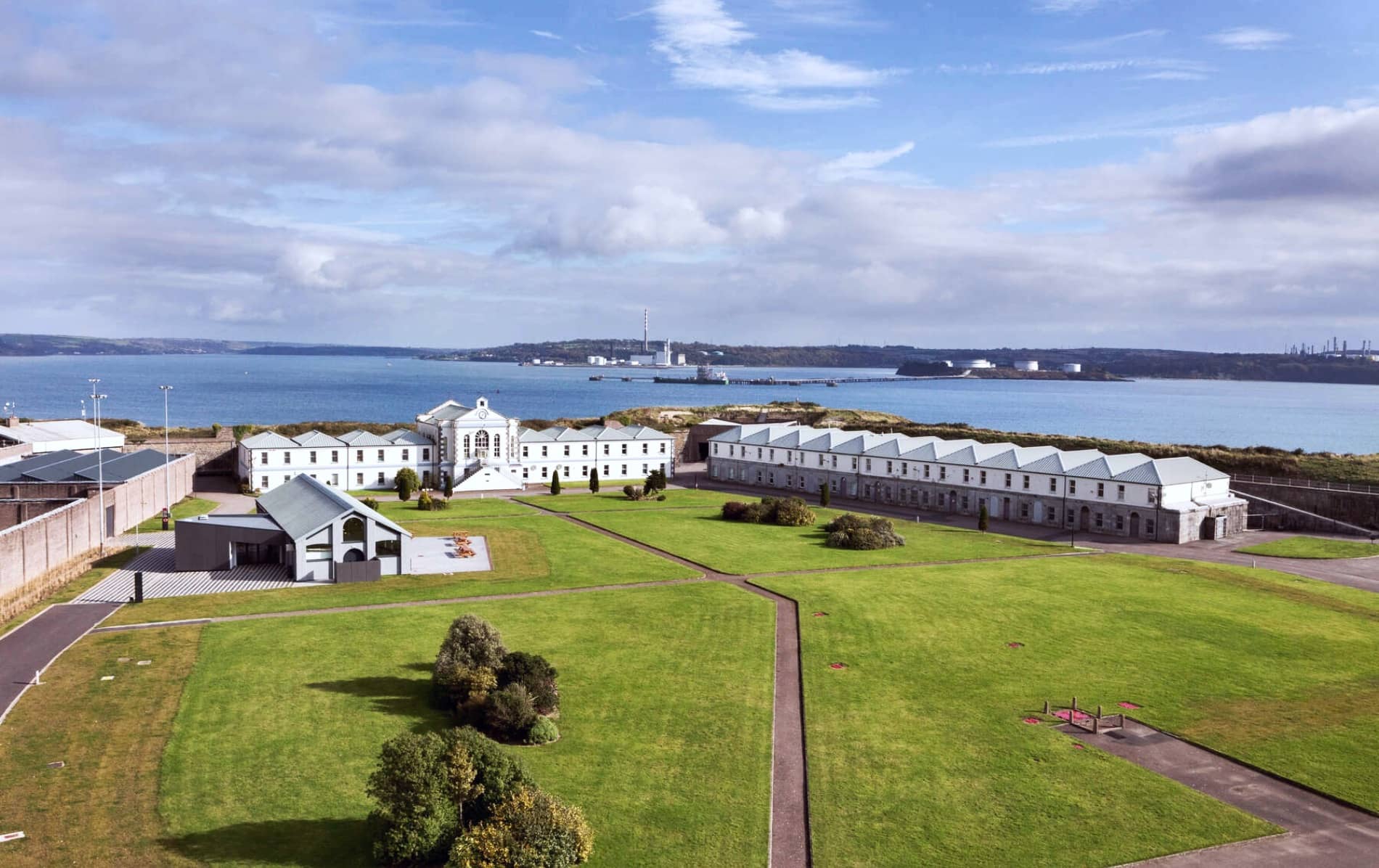
A trip to Spike Island
If you visit Cobh, a small town on Ireland’s southwest coast, odds are your thighs will ache at some point. With streets that rise up from the waterfront with punishing inclines, it’s somewhat inevitable.
Coming down, you feel compelled to move at a trot; going up, it’s different story. After taking in an incredible view from St Colman’s Cathedral, I descend Barrack Hill as an elderly man is inching his way up. “You wouldn’t be long working off breakfast in this place,” he grumbles to me.

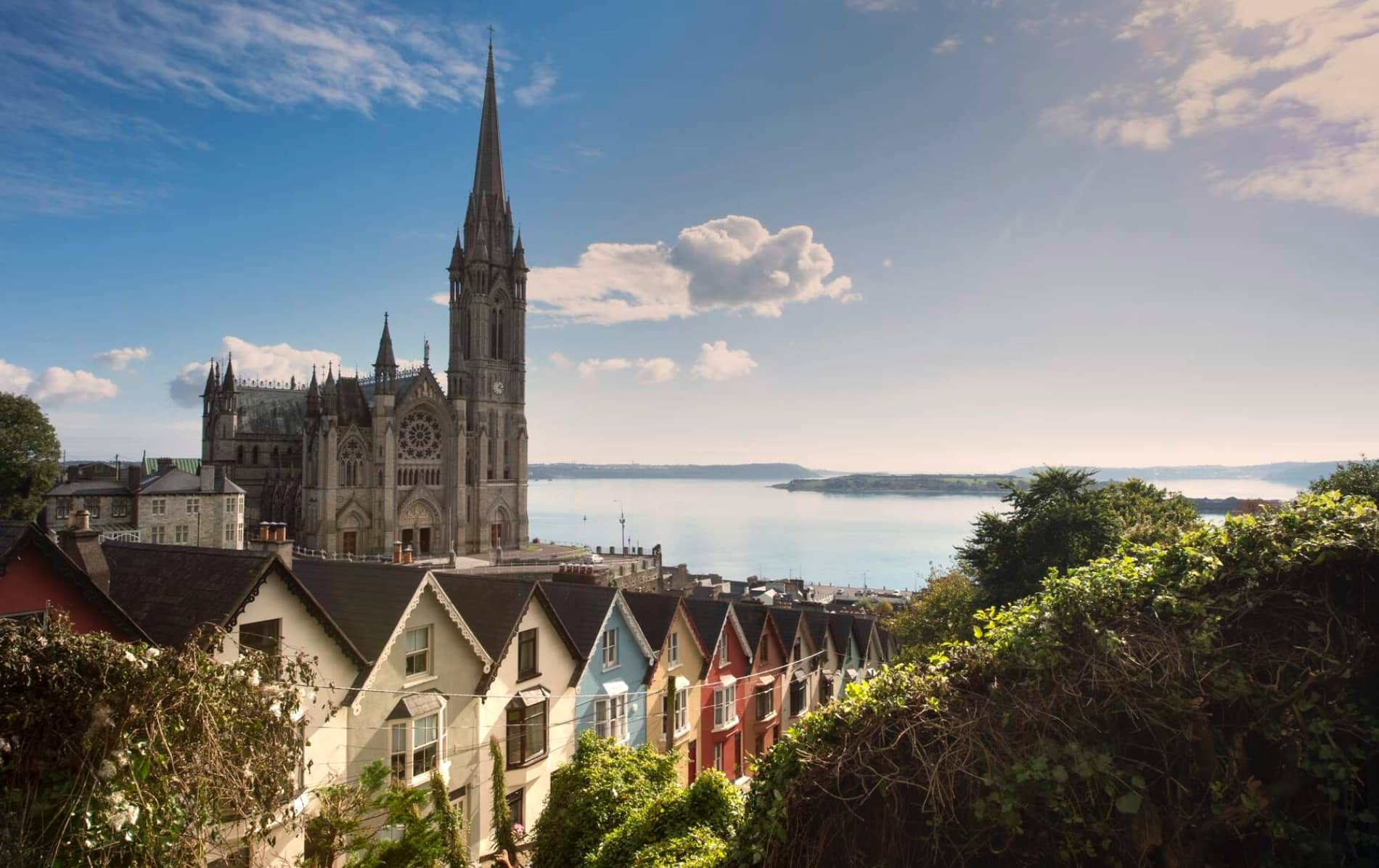
“Deck of Cards”, Cobh, County Cork
© Tourism Ireland
Steep though they may be, it’s these hilly streets that make Cobh one of the most frequently photographed towns in Ireland's Ancient East. Wedged into the side of a hill, with candy-coloured houses stacked in rows, the town boasts elegant Victorian bandstands, a bustling harbour and one of the most beautiful Georgian terraces in all of Ireland.
The sea dominates; vast ocean vistas present themselves at unexpected moments and the weather seems to be on a perpetual conveyor belt as it rolls across the Atlantic. It’s not uncommon to be cast into preternatural darkness from a looming rain cloud one minute and to be bathed in sharp sunlight the next.

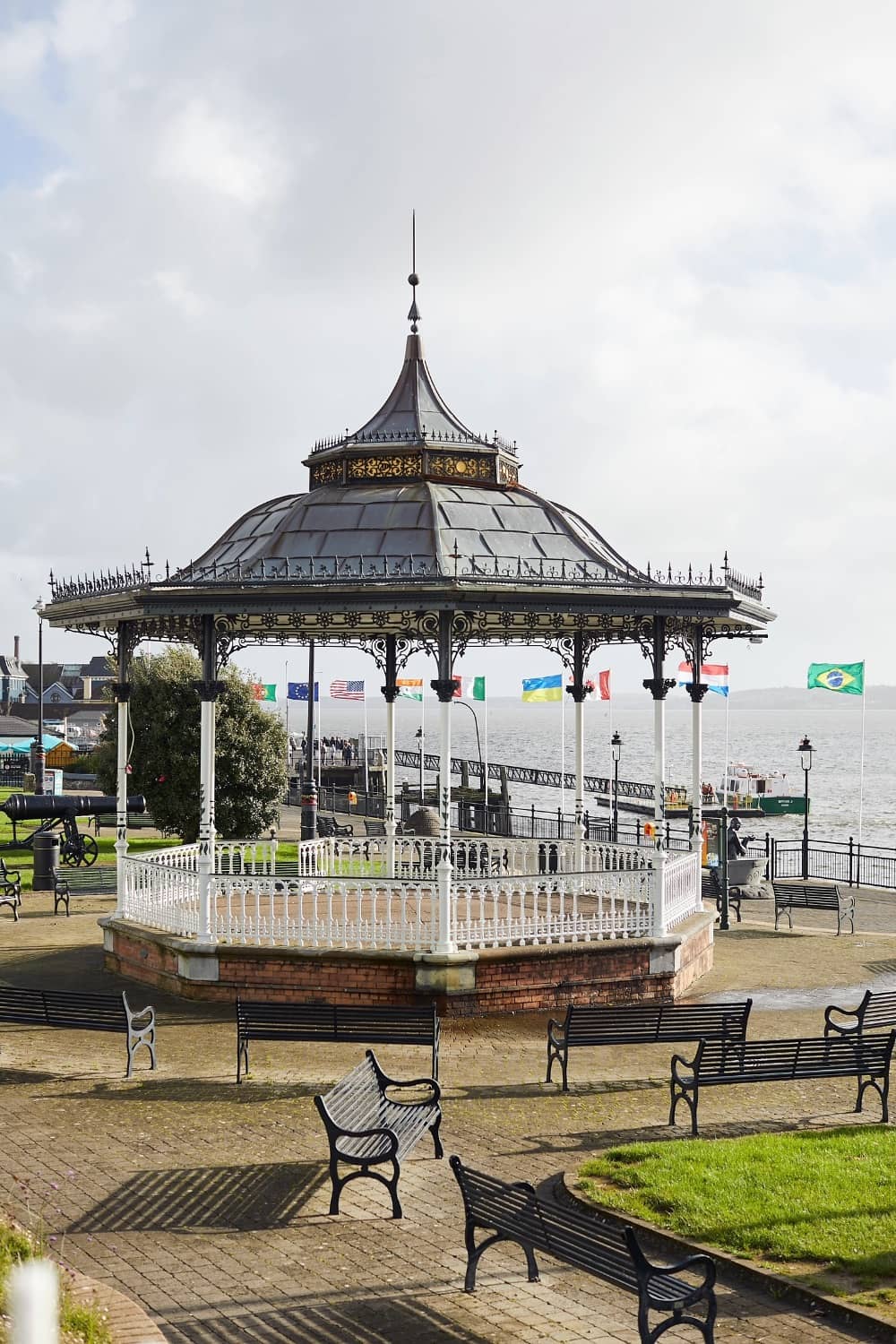
The bandstand on The Prom, Cobh

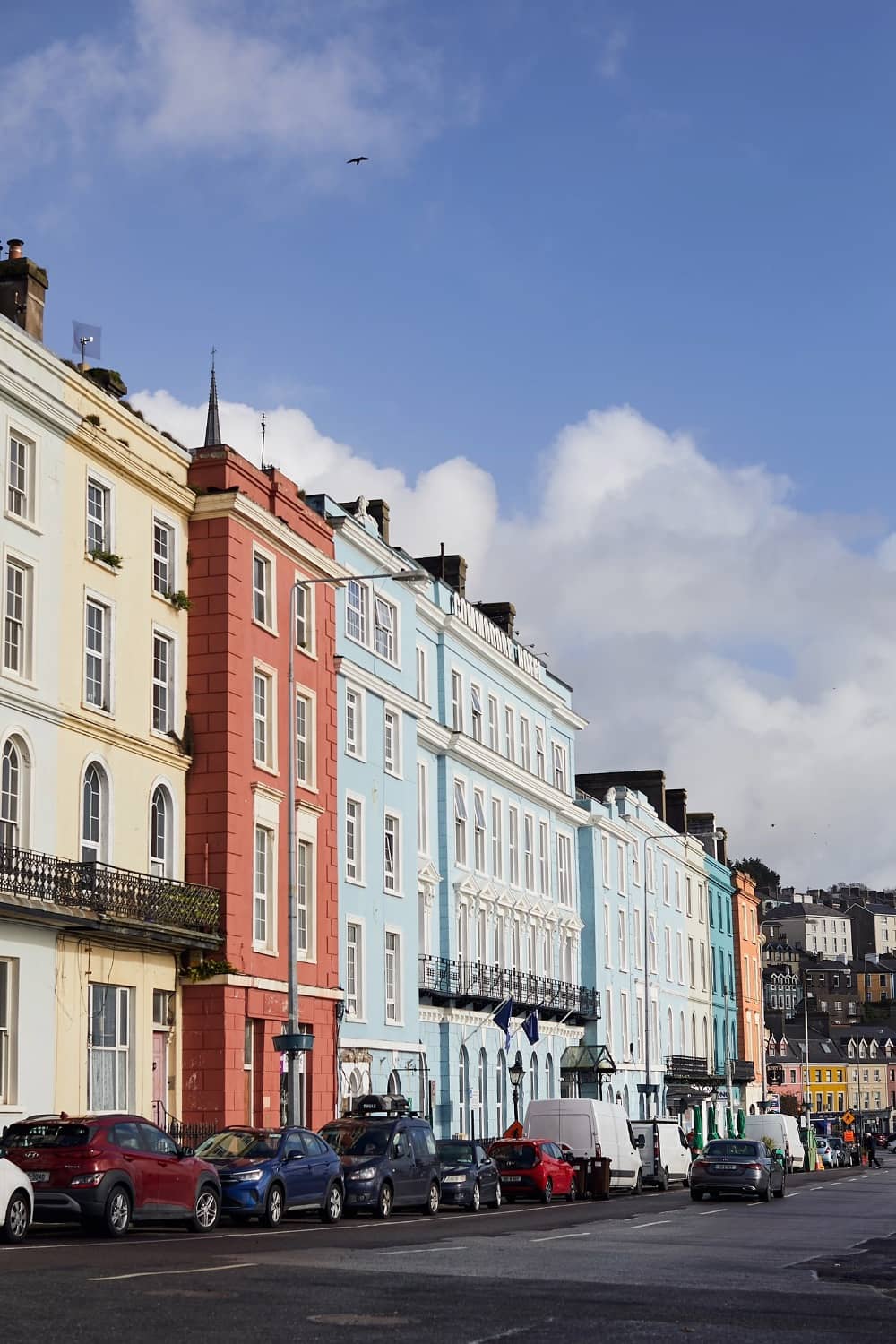
Cobh streetscape
Down at the harbour is where Cobh’s history comes into sharp focus. From this very point, more than three million people departed between 1815 and 1970; some to penal colonies, some to better lives, some to their death.
The town is intrinsically linked to two of the world’s most famous shipping disasters: the torpedoing of the Lusitania in 1915, and the sinking of the Titanic in 1912. Today, the Titanic Experience Cobh overlooks a harbour frequented by luxury cruise ships – Cobh is the only port in Ireland with a dedicated cruise ship berth.
But over the last few years, another visitor attraction has been bringing the curious to this little Victorian seaport in County Cork: Spike Island. Tours have been departing from Cobh to Spike since 2015, and in 2017 it was named “Europe’s Leading Tourist Attraction” at the World Travel Awards.

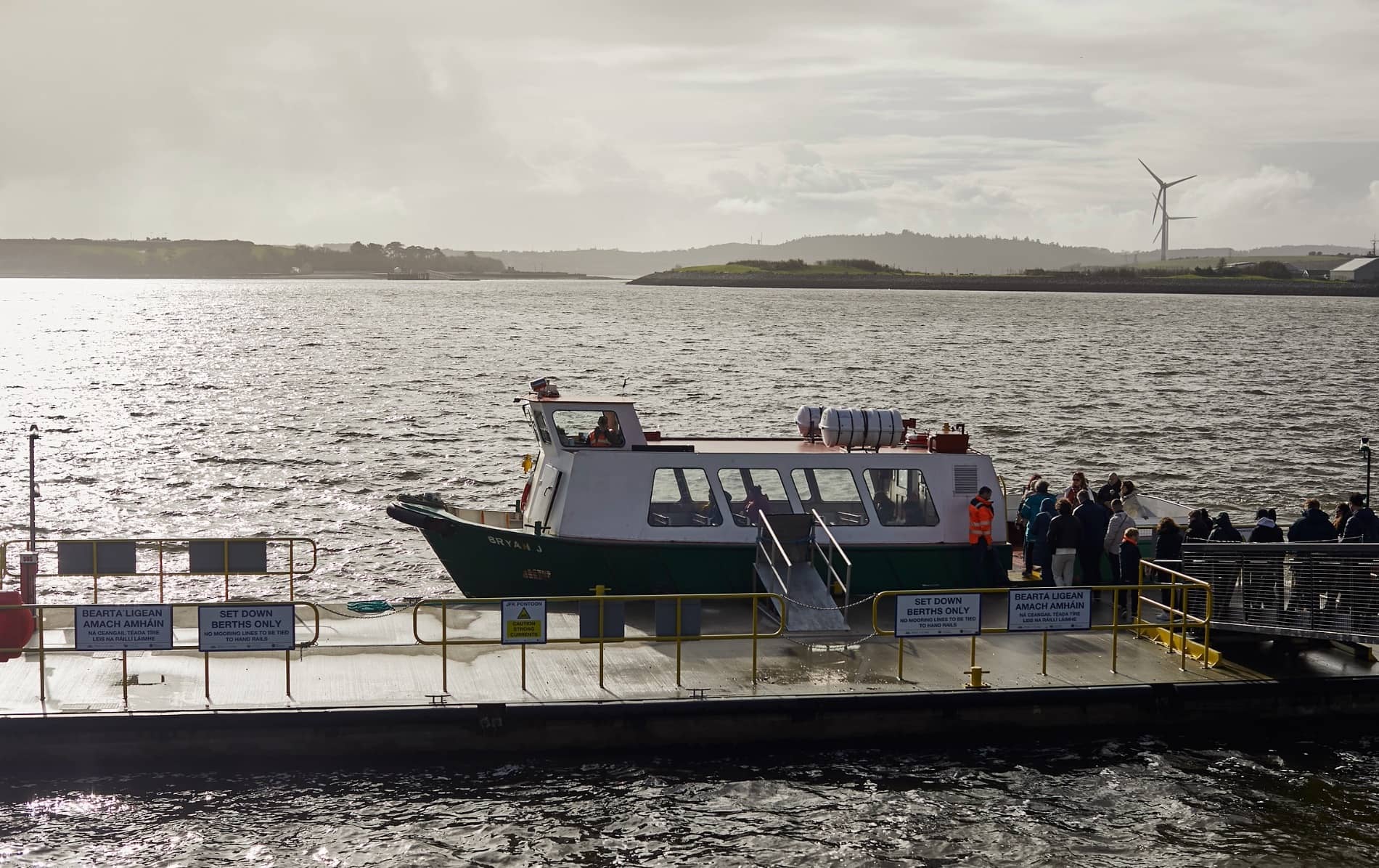
The Spike Island ferry
The 12-minute ferry to Spike Island is short but scenic, with passengers squeezed into the small outside space to make the most of the dramatic departing views of Cobh. Most seem to know something of the place, but few know what to expect. “It’s kind of like Ireland’s Alcatraz, right?” an American woman asks me as we roll across Cork Harbour, seagulls cawing.
Truth is that it is and it isn’t. Spike, like Alcatraz, is certainly one of the most notorious island prisons in the world, but it’s a lot more besides. It was once a monastery and a fortress. But it was also a home. People lived here until as late as 1985 when a prison riot led to a forced evacuation.

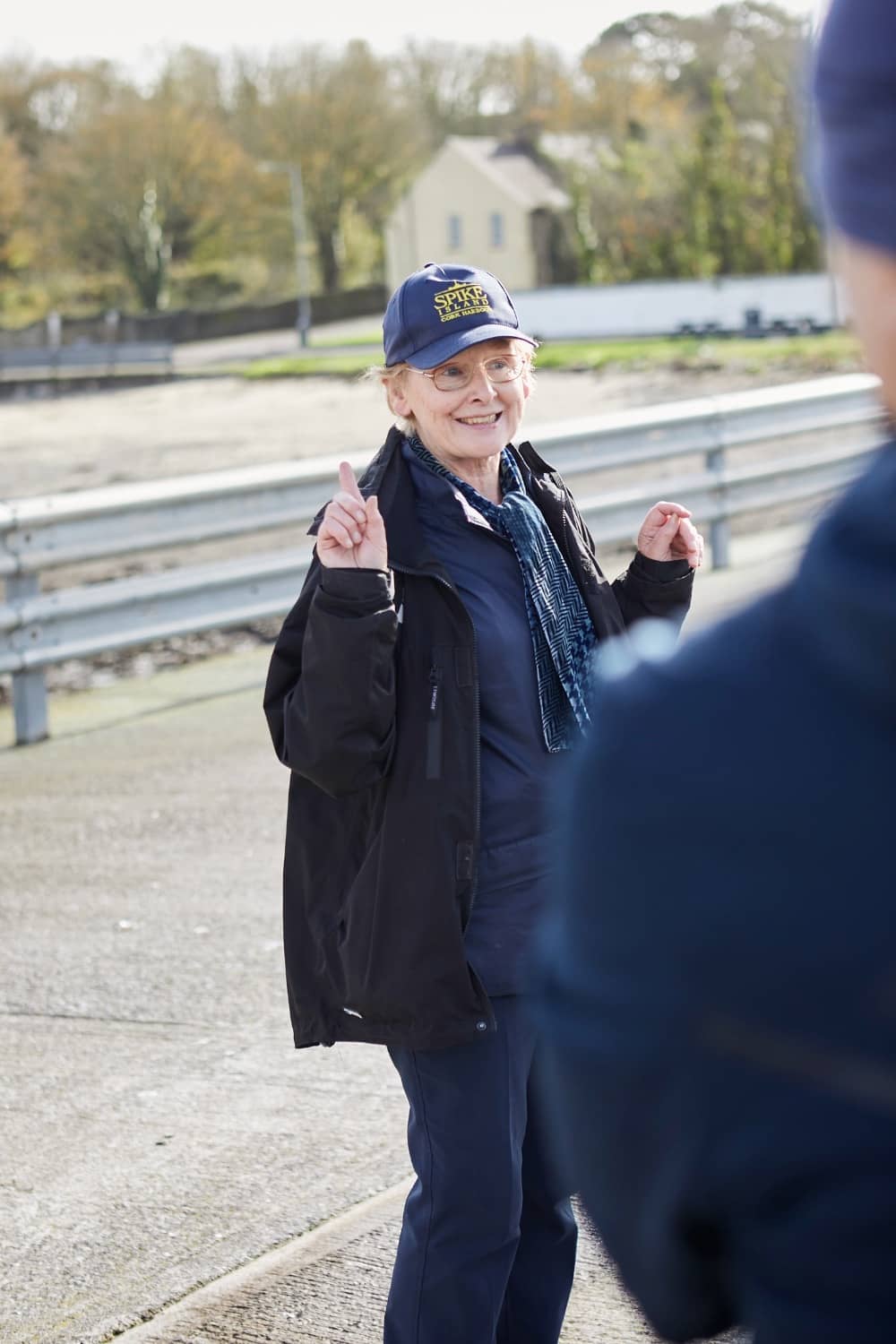
A tour guide welcomes people to the Spike Island tour

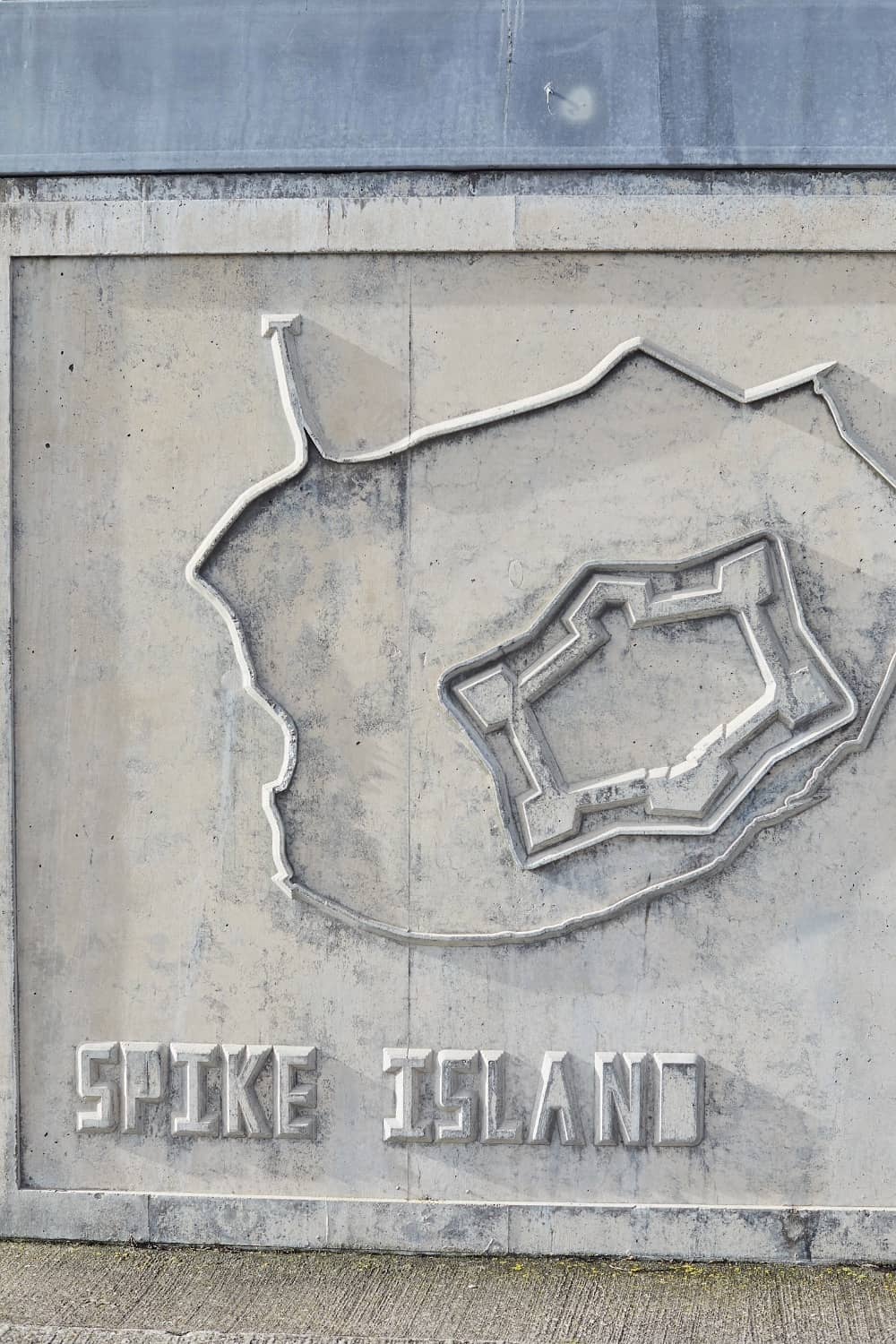
Spike Island
As we gather on the small pier on Spike and meet our tour guide, Fionnán, it does appear to be an island like any other, but the deserted houses, some well-preserved on the outside, lend an eerie air. In its heyday in the late 18th century, almost 300 people who were either part of the military or their family lived here. They grew their own food, schooled their children, picked periwinkles on beaches, held dances, and socialised together.
Fionnán explains how they weren’t the first to make this place a home. A monastic settlement was built here in 635AD, creating a safe haven for monks who farmed the land and fished the waters. Today, nothing remains of the monastery, instead the huge hulk of what was known as Fort Mitchell is what dominates.

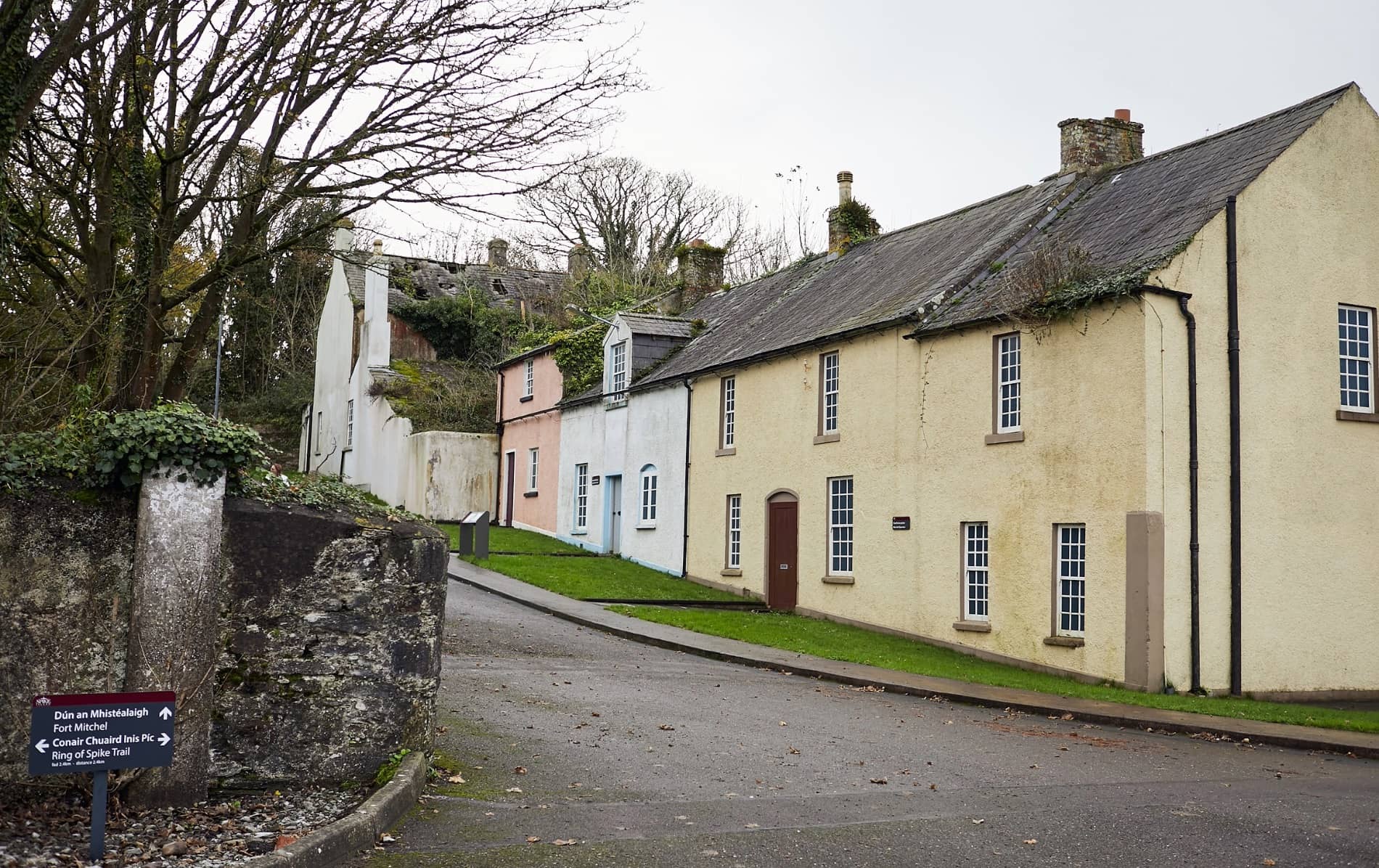
Deserted houses on Spike Island
Over the course of about 400 years, Spike was used as a prison four times with the first being in the 1600s and the last being in 1985. It’s remarkable to think that it only closed in 2004.
“Believe it or not, Spike was never intended to be a prison,” Fionnán explains. “It was built in 1804 as a star-shaped fort to protect the British Empire from all its enemies. But in the 19th century after the Great Famine, Spike became one of the biggest prisons in the British Isles. There were over 2,500 prisoners and over 1,000 died in the first six years of its existence; a lot of the people here were children.”

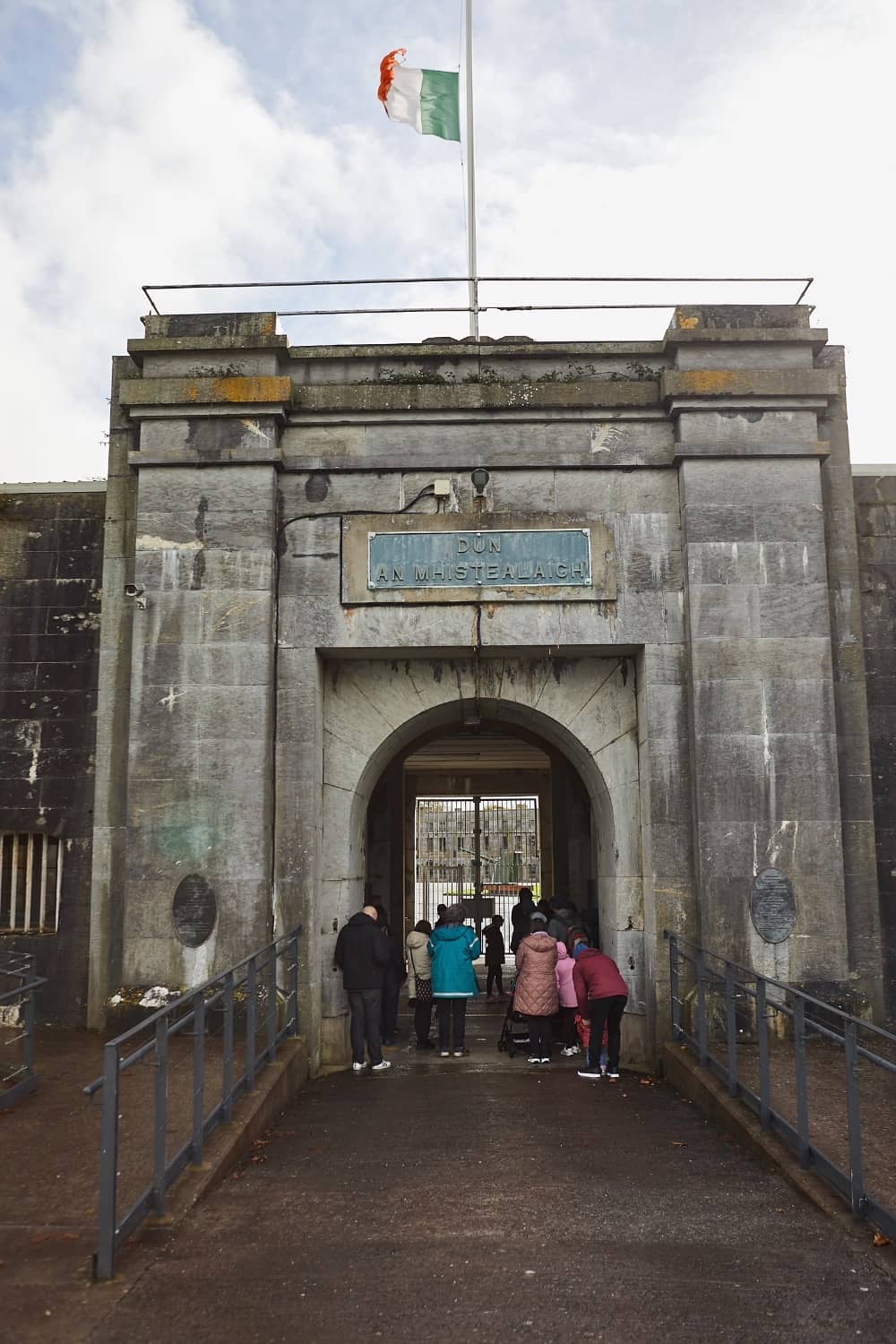
Entrance to Spike Island

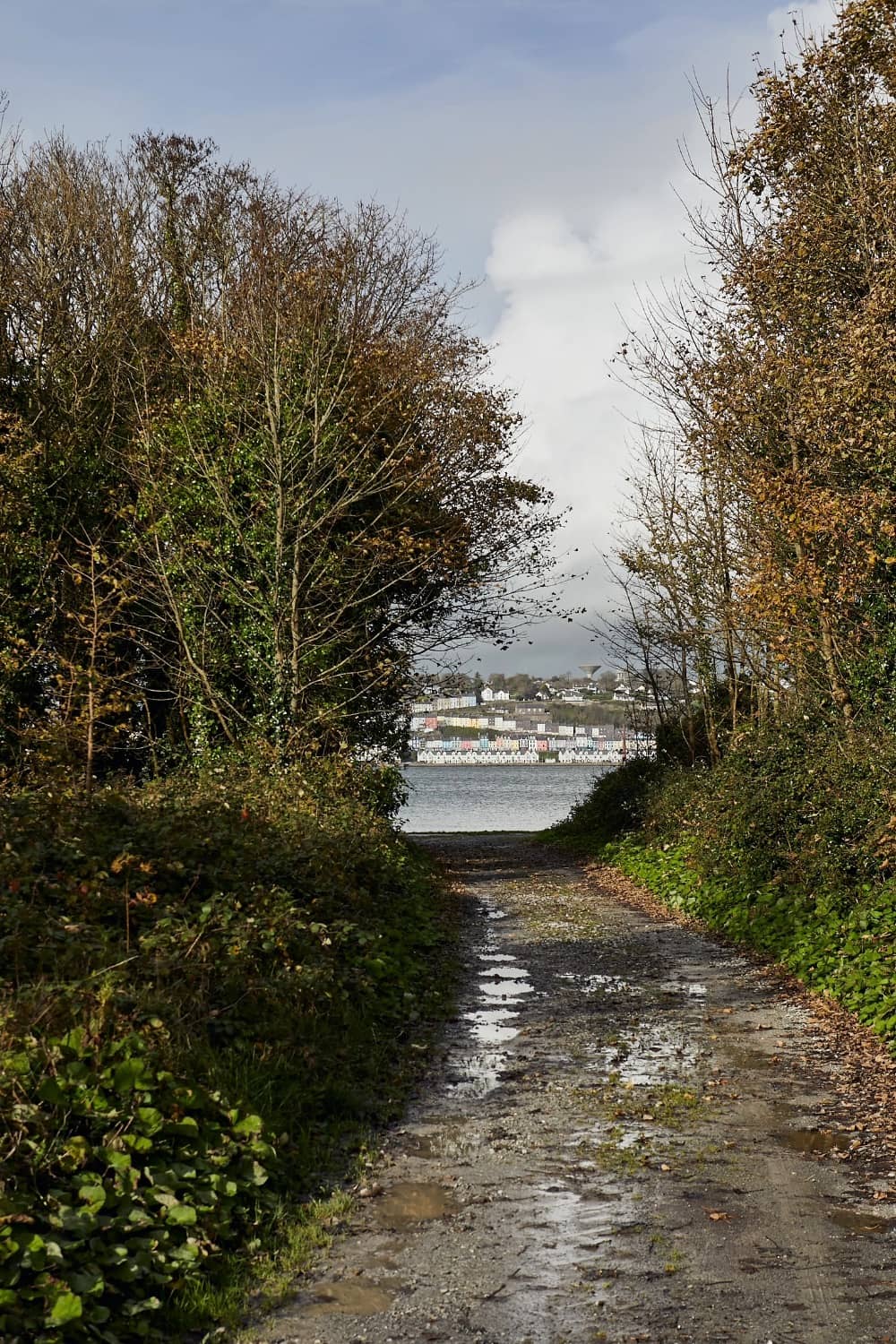
View of Cobh from Spike Island
Up until now, we’ve been outside the prison walls, and it’s an almost bucolic environment with tree-shaded paths, swathes of beautifully cut grass and glimpses of the sea, but as Fionnán finishes his guided tour with an extensive description of the prison riots of 1985, we are left to our own devices and it’s time to enter Spike.

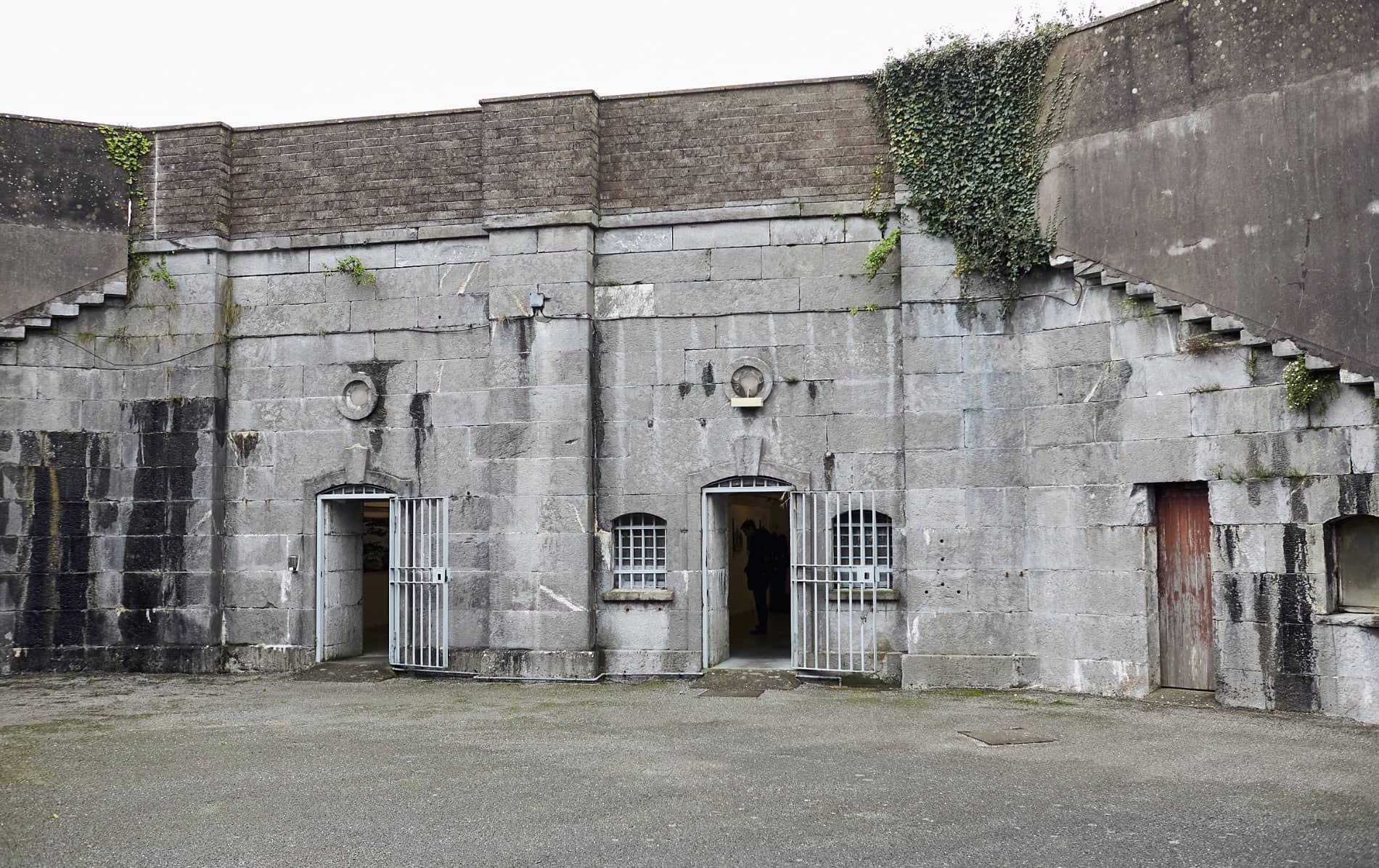
Prison cells on Spike Island
The first thing that strikes you is the size of the place. Spike is huge and it can be a little difficult to know how to orientate yourself. I choose to go counter-clockwise, making my way to the modern prison first. I am completely alone.
It’s an unsettling experience to walk these corridors with their steel gates and sickly yellow corridors. The prison cells are as they were left – washed in cold, dispiriting tones of grey and occasionally inhabited by models of former prisoners that frequently give me a scare.

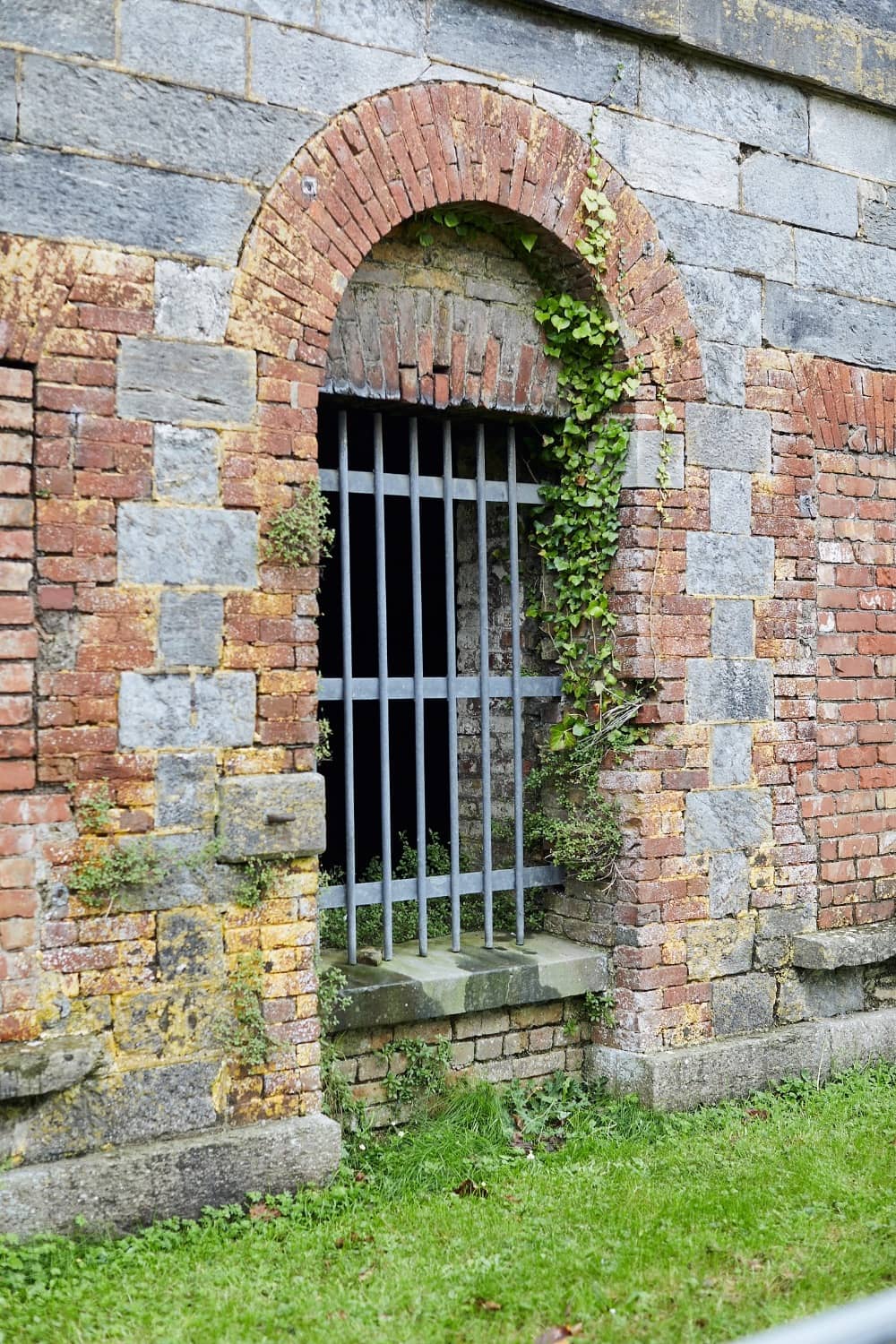
Prison cell on Spike Island

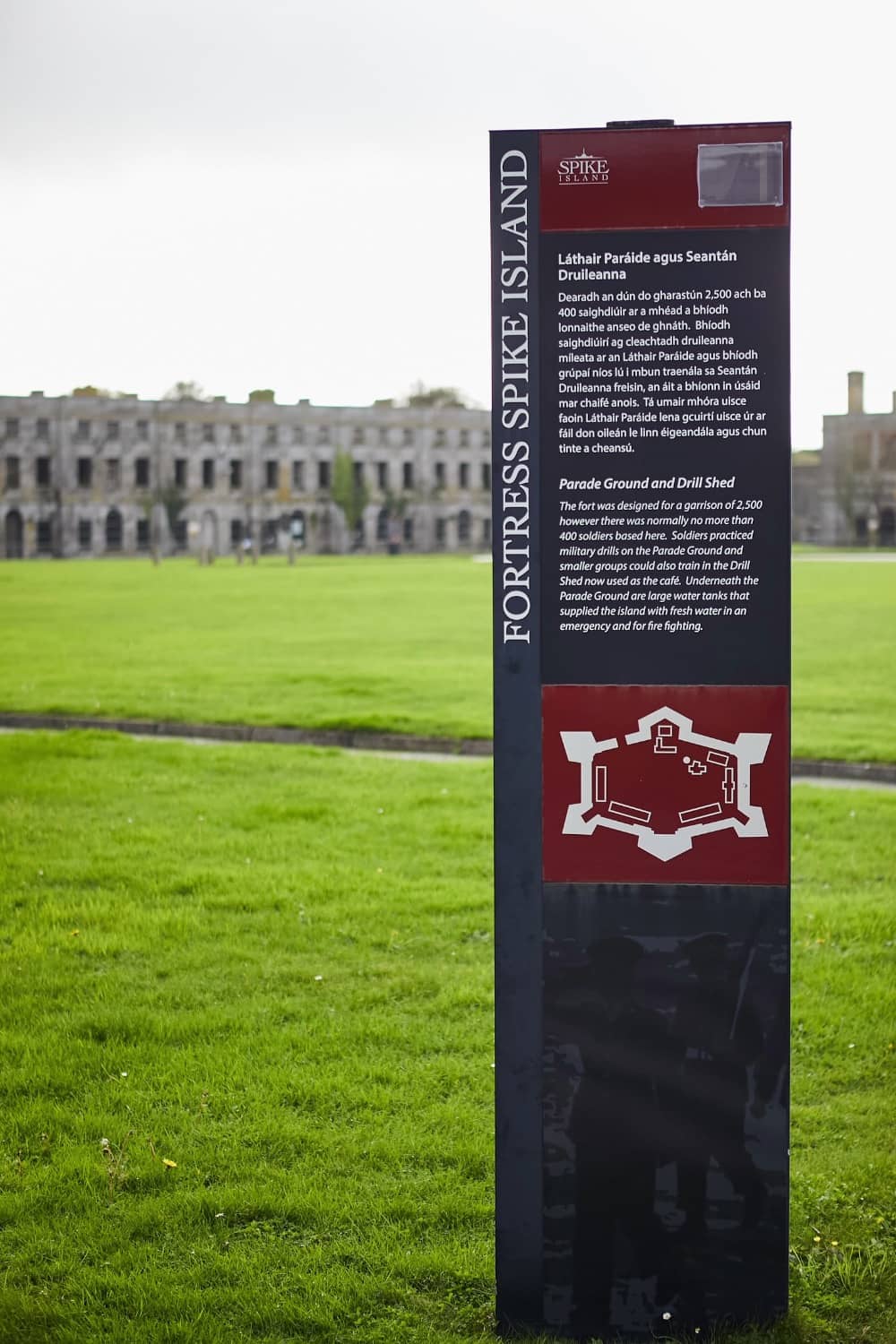
Spike Island history
There are After Dark Tours on Spike Island, but they are only for the brave. Several times walking around, I think I hear footsteps behind me. At other times, it’s alarming to find myself alone in the notorious Victorian Punishment Block where water drips and despair seems to seep through the stones.

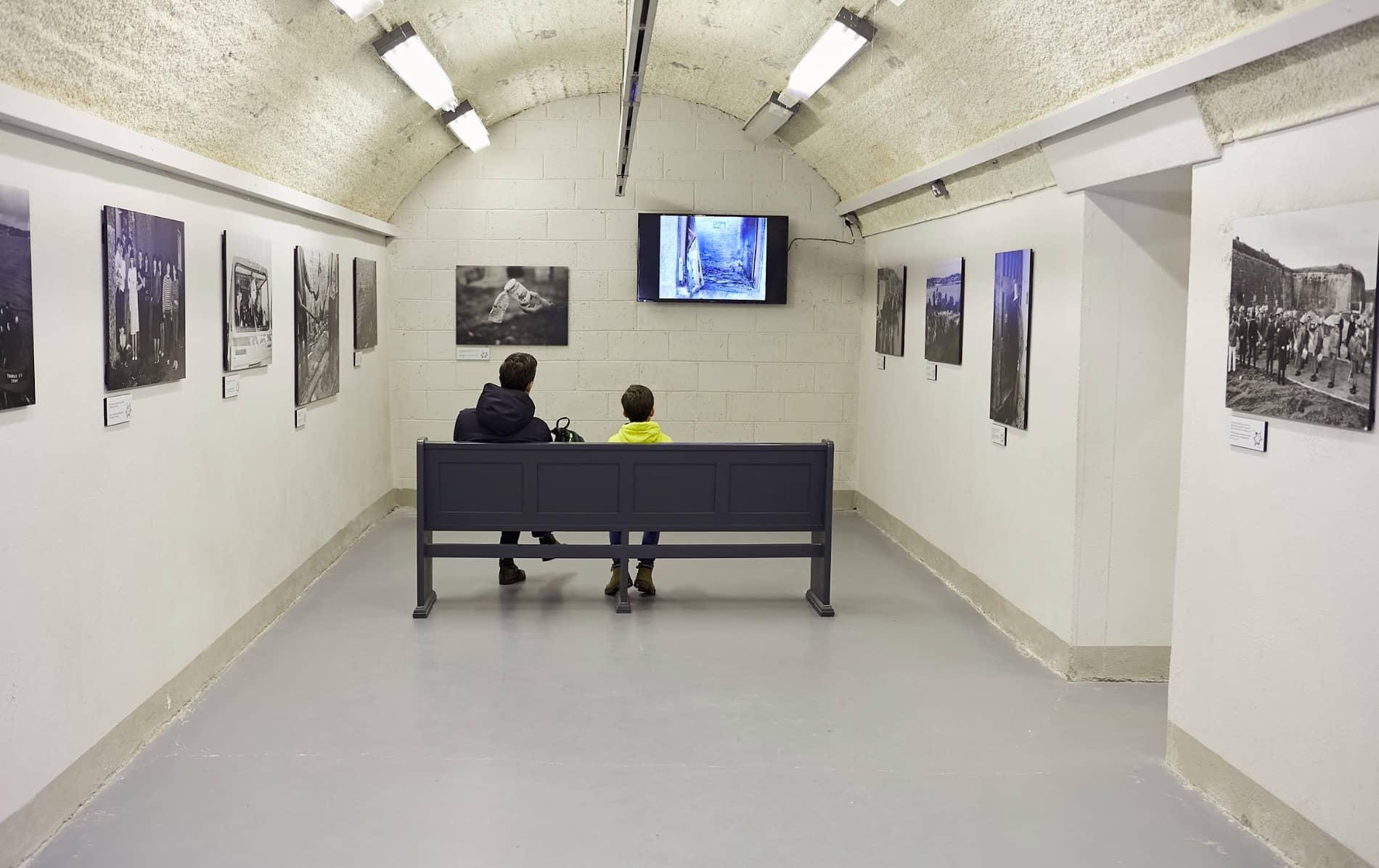
Museum exhibition
Visitors are given around 3.5 hours to explore Spike Island, and the time goes by remarkably quickly. The exhibitions here – whether the excellent detailing of the prison riots in the modern prison, or the tales of dances and socialising for locals in Mitchel Hall – are detailed and compelling.

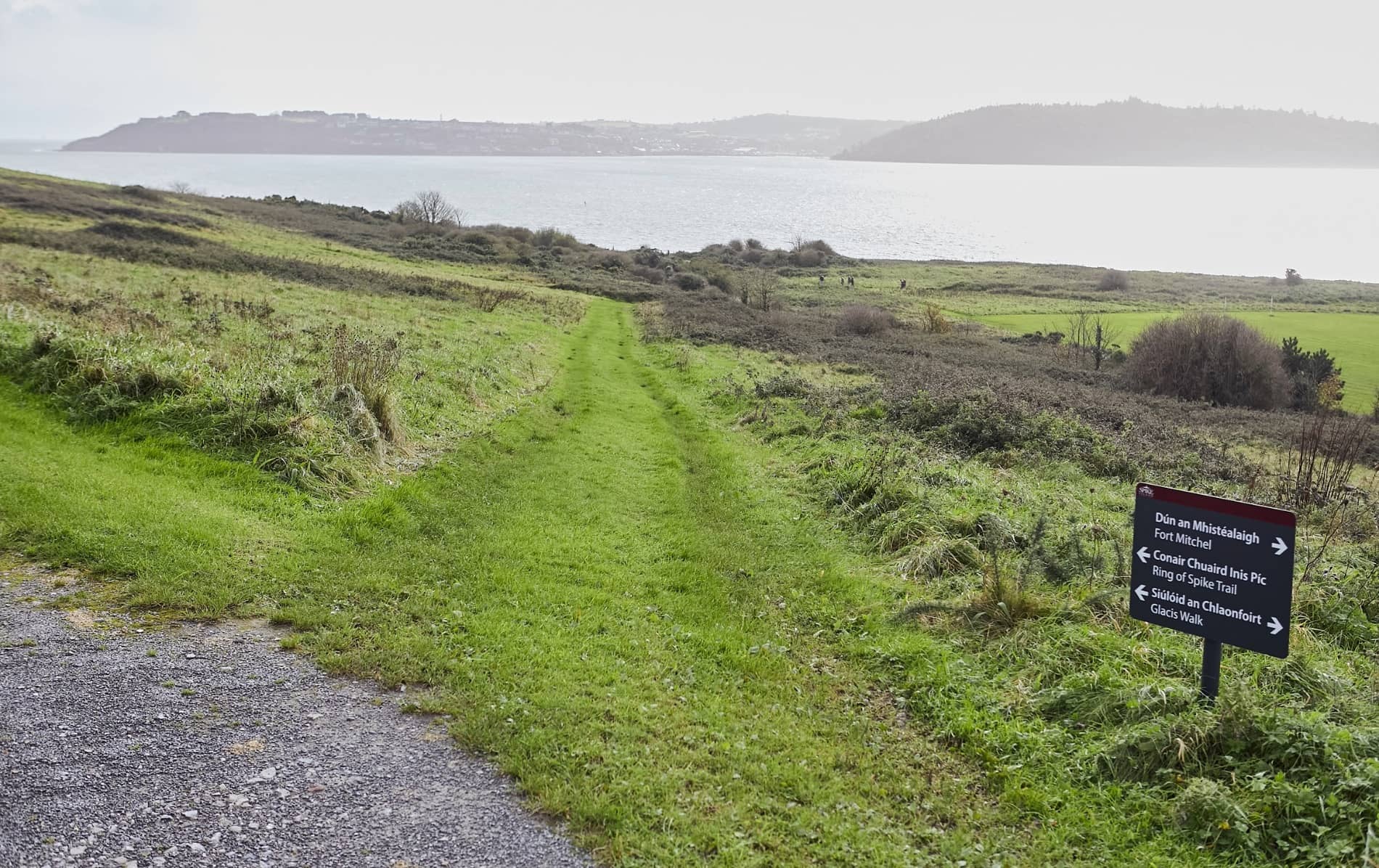
Views from Spike Island
I save some time before the departure of the ferry to do the 2.4km Ring of Spike walk outside the fort walls. Despite the lush grass, silvery waters of the Atlantic and soft birdsong, the history of the island is never far away. On the 45-minute walk, I pass a convict’s graveyard, a former 19th century hospital called Bleak House, and the tumble-down, ivy-choked buildings of the old village.
It’s an idyllic respite from the often claustrophobic conditions of the prison, and everything from the broad views of Kinsale Harbour to the startling emerald colour of the grass seems to come into sharp relief.
As the rain starts to fall, it’s a relief to see the ferry. All aboard, we start the slow journey back to Cobh, grateful that none of us have been left behind.















